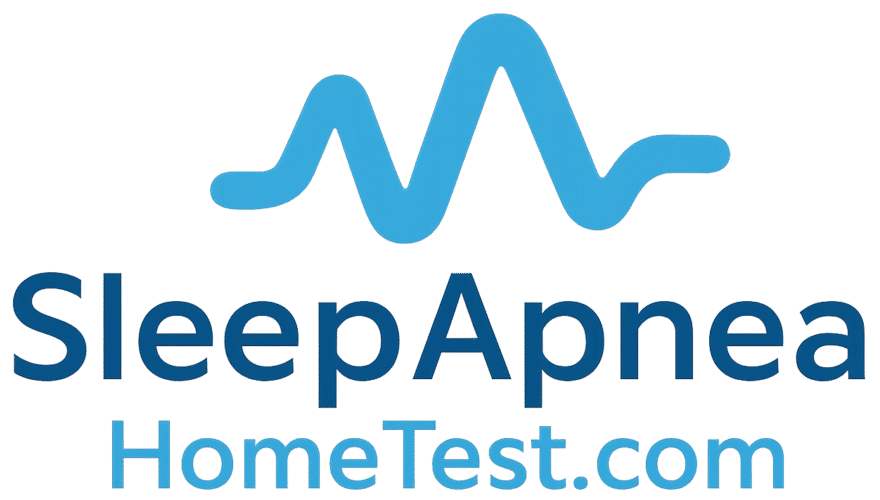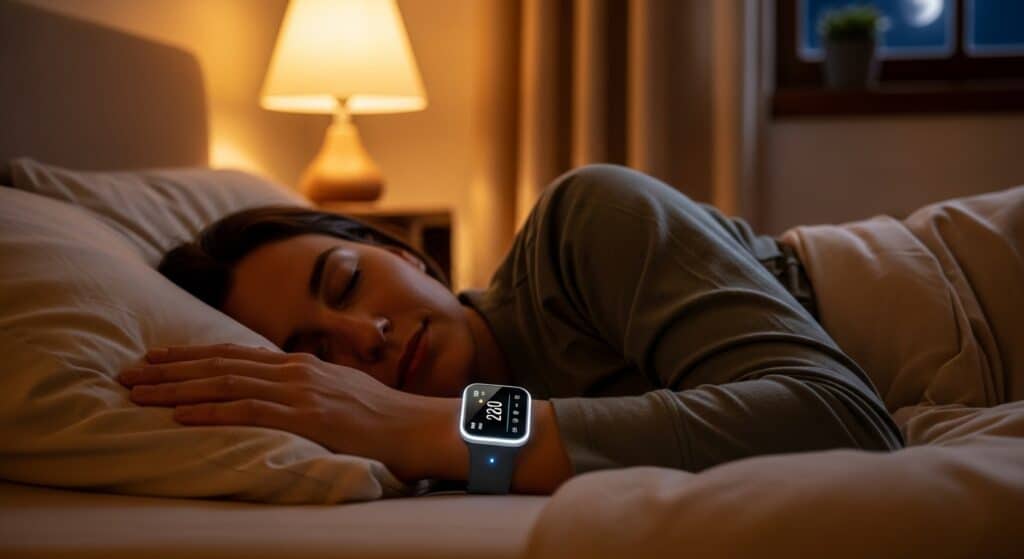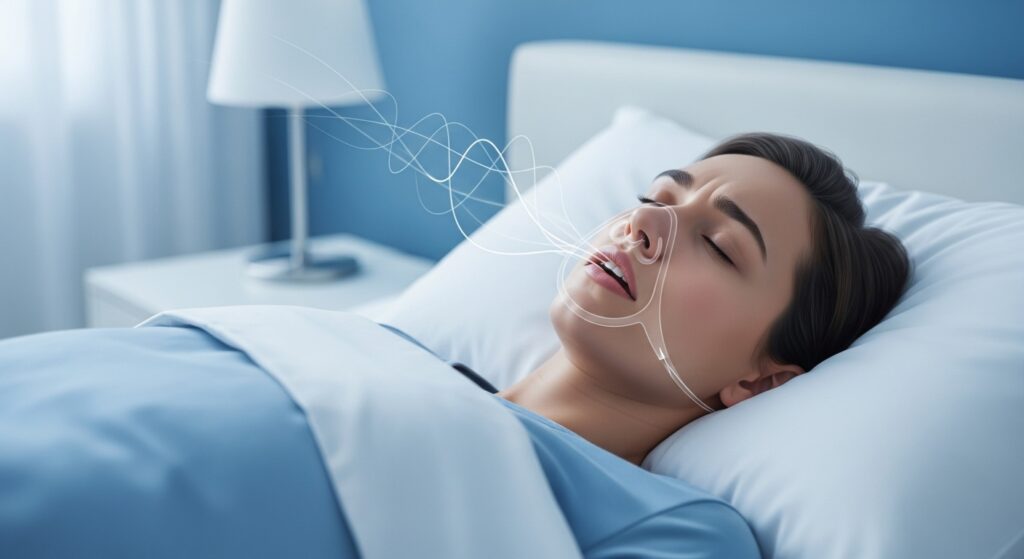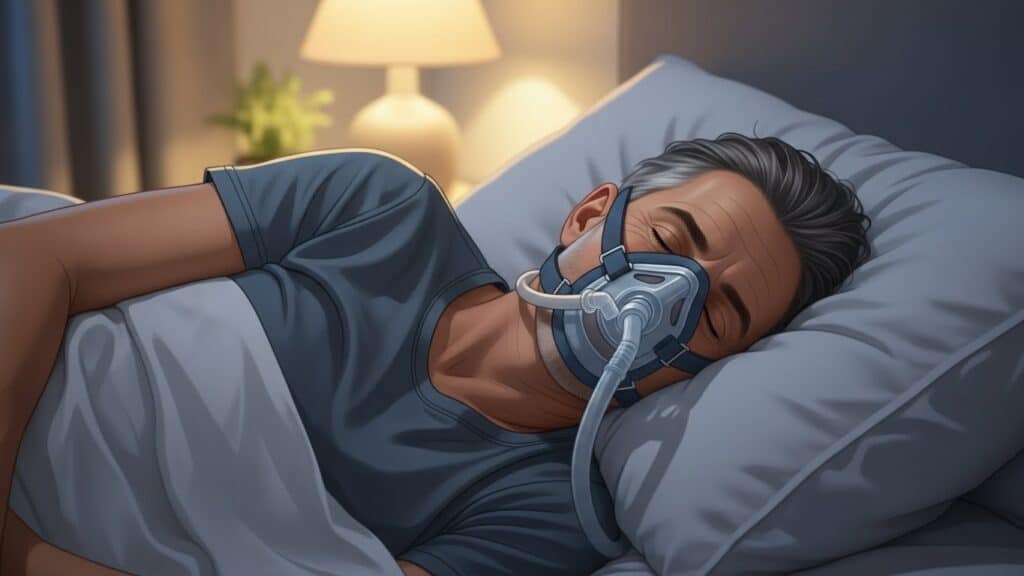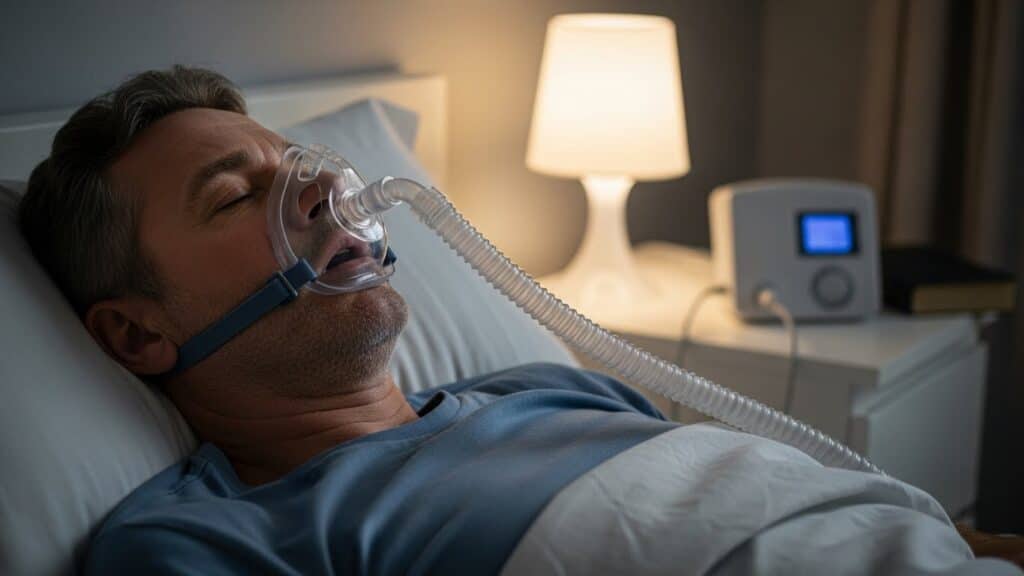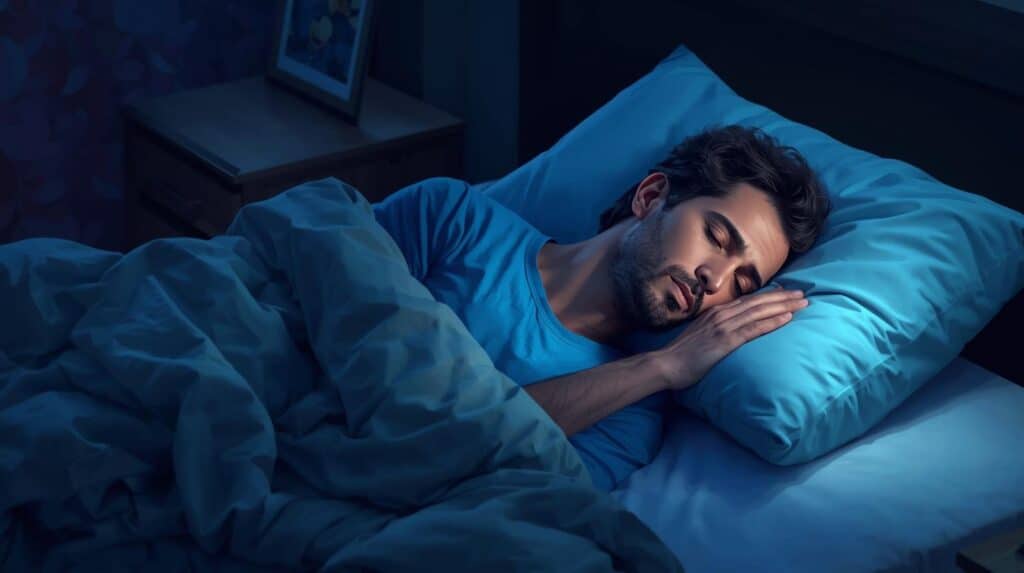It’s not uncommon for people with untreated sleep apnea to hear phrases like, “You just seem low lately,” or “Maybe it’s depression.” But what if the underlying cause isn’t psychological at all?
Obstructive sleep apnea (OSA) disrupts sleep cycles and oxygen flow—two critical elements that directly affect mood, memory, and energy. As a result, it can closely mimic depression, leading to misdiagnoses and missed treatment opportunities.
The Overlap Between Sleep Apnea and Depression
Sleep apnea is a condition where breathing repeatedly stops and starts during sleep, often due to airway collapse. These interruptions trigger micro-awakenings—many of which go unnoticed—and prevent you from reaching deep, restorative sleep.
Now compare that to the symptoms of major depressive disorder (MDD):
- Persistent fatigue
- Low mood or irritability
- Trouble concentrating
- Loss of interest
- Sleep disturbances
- Memory issues
It’s easy to see why so many patients get caught in the wrong treatment loop.
In fact, a study in the Journal of Clinical Sleep Medicine found that up to 46% of people diagnosed with depression also met criteria for undiagnosed OSA.
Why Standard Depression Treatment Might Not Work
If sleep apnea is behind your symptoms, medications like SSRIs may provide little relief. Antidepressants treat neurochemical imbalances—but they don’t fix oxygen drops, airway blockage, or sleep fragmentation.
Even more concerning, some medications can worsen apnea by relaxing throat muscles during sleep. This includes:
- Benzodiazepines
- Sedating antidepressants
- Sleep aids
According to Harvard Health, it’s critical to evaluate for apnea first, especially if depressive symptoms include early morning headaches, loud snoring, or excessive daytime drowsiness.
How Oxygen Affects Mood and Cognition
Your brain relies on steady oxygen levels and deep sleep cycles to regulate emotional resilience, focus, and motivation. When apnea disrupts this rhythm, symptoms quickly pile up:
-
Fatigue Disguised as Apathy
Waking up 10+ times per hour may not register consciously—but your brain feels it. This leads to the same sluggishness and loss of interest often seen in depression.
-
Cognitive Fog Mistaken for Hopelessness
Sleep deprivation affects executive function—your ability to plan, reason, or make decisions. This mental fog is often mistaken for psychological detachment.
-
Mood Swings Triggered by Oxygen Drops
Each apnea event can trigger stress hormone surges (like cortisol), which are known to worsen irritability and anxiety.
A recent meta-analysis from Nature and Science of Sleep supports the strong correlation between oxygen desaturation and depressive episodes.
Depression Screening Isn’t Always Enough
Many primary care screenings don’t dig deep into sleep quality, breathing patterns, or oxygen metrics. So, you may walk away with a diagnosis of depression—when the real issue is mechanical, not mental.
Ask yourself:
- Do you wake up tired even after a full night’s sleep?
- Has anyone told you that you snore, gasp, or stop breathing at night?
- Do you fall asleep during the day—even while watching TV or in meetings?
- Do you experience morning headaches or dry mouth?
If you answered “yes” to any of these, it’s time to look beyond depression alone.
The Role of Home Sleep Testing
The easiest and most efficient way to uncover sleep apnea is through at-home testing. These kits are user-friendly and come with:
- A finger sensor to track oxygen dips
- A breathing monitor to detect airflow interruptions
- No need for bulky wires or lab visits
You can even start with a quick facial scan, which flags structural risks like jaw position, neck size, and other markers linked to OSA. This early screening helps determine if a full sleep study is warranted.
Learn more about how AI facial scans identify airway risk factors before symptoms even emerge.
Treating the Root Cause vs. the Symptom
If sleep apnea is behind your symptoms, the best approach isn’t antidepressants—it’s airway support. Options include:
- CPAP or APAP therapy, which provides consistent airflow
- Mandibular devices to reposition the jaw
- Nasal EPAP valves that reduce resistance
- Lifestyle changes like weight loss and side-sleeping
Once oxygen levels are stabilized and sleep becomes restorative, mood symptoms often resolve without medication.
A study from the American Academy of Sleep Medicine showed that treating apnea led to significant improvements in depression scores—even in those who didn’t change medications.
Why This Misdiagnosis Matters
Misdiagnosing apnea as depression can:
- Delay the right treatment for years
- Expose patients to unnecessary medications
- Miss serious cardiovascular and metabolic risks
- Increase the chances of accidents from daytime sleepiness
And for women especially, the signs of mild OSA are frequently dismissed or labeled as emotional distress, when in reality, sleep-disordered breathing is the real culprit.
Take Action—Not Just Pills
If you’re feeling persistently low or disconnected, don’t assume it’s purely emotional. The path to mental clarity might start with a simple scan and a night of real sleep data.
